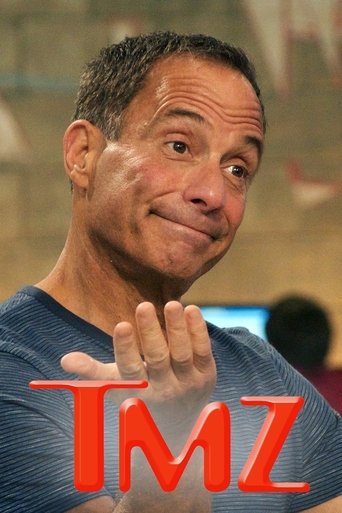
10 Season
68 Episode
Now on PBS - Season 0 Episode 222 Tangled Web
STORY UPDATE (2.14.08): Congress may step up efforts to regulate broadband Internet providers and enforce what's known as "net neutrality" - allowing open access to Internet content. In February 2008, Rep. Ed Markey, D-Mass., introduced legislation to prevent broadband Internet providers from interfering with subscribers' access to content. The bill would authorize the Federal Communications Commission to monitor Internet providers to make sure they're delivering traffic fairly. Is the wild west culture of the Internet about to become a thing of the past? Big business is staking its claim on the information superhighway, lobbying Congress for an exclusive faster lane, which consumers could end up paying for. This week on NOW we look at a major battle brewing in Washington D.C. over the future of the Internet. We follow the story of Blip.tv, an ambitious video-streaming startup. They're fighting for a corner of the Internet marketplace in the midst of a battle over so-called 'net neutrality' -- the idea that all Internet content and websites are given the same access to audiences and customers. Program Resources: » Listen to this show [mp3] » Transcript » E-mail this page to a friend If telecommunication giants have their way, companies like Blip.tv might be forced to compete in a marketplace wherein firms with large coffers can buy access to greater bandwidth and faster Internet speeds, leaving sites who can't afford to pay in the slow lane. Craig Aaron of Free Press, a media watchdog group, says big telecom companies have declared open season on 'Net neutrality.' He's afraid these companies will dictate how we use the Internet. "I think one of the beauties of the Internet is that it's been open to views across the political spectrum. And if you hand the control of the information so that some can be preferred over others, you're going to be handing that control to the big media companies that already control our television, airwaves, radio, you name it," Aaron says. For their part, telecom companies argue that a fast lane on the Internet for those willing to pay will allow them to make a return on their multibillion-dollar investment in broadband infrastructure. At present, companies such as Verizon and AT&T only charge for access to the Internet, but make virtually no money from content. "It's just, by the way, the same reason why we take 18 wheeler semi-trailers and make them pay more in federal highway taxes than someone who drives their family in a mini-van: because they are putting more load on the infrastructure and therefore should pay a higher rate," says Mike McCurry, head of Hands Off the Internet. His group, backed by a number of telecom companies, says that many web companies are making billions off the Internet but are not willing to pitch in to upgrade its infrastructure. The telecom companies have launched an aggressive, multi-million dollar advertising campaign against web giants such as Google and Amazon arguing "they don't want to pay for anything." Those who support net neutrality -- including a broad coalition of consumer groups, higher education organizations, special interests, and Internet companies -- say the telecoms just want to increase their profits. They fear that the proposed two-tiered Internet would kill a democratic marketplace wherein small businesses compete on an equal footing with giants of commerce. Whose Internet is it anyway?
- Year: 2010
- Country:
- Genre: News, Documentary
- Studio: PBS
- Keyword:
- Director: John Siceloff
- Cast: Bill Moyers


















 "
"









